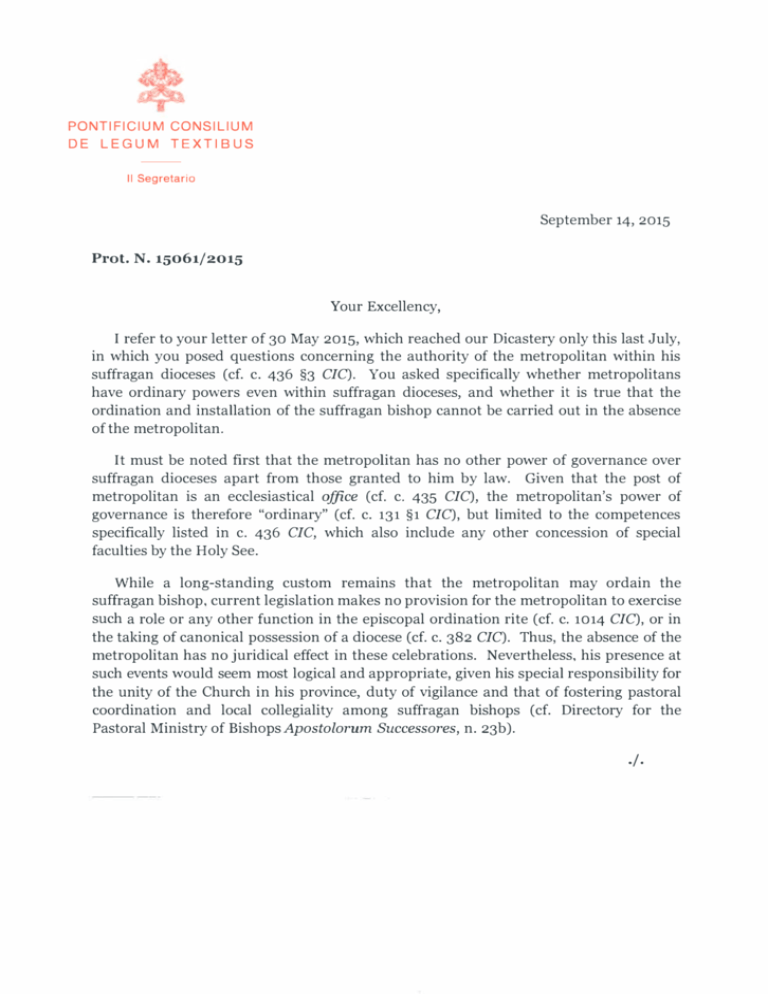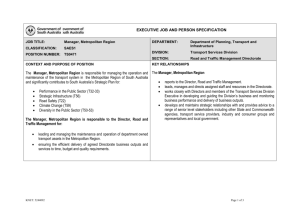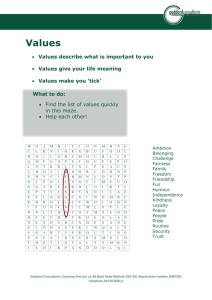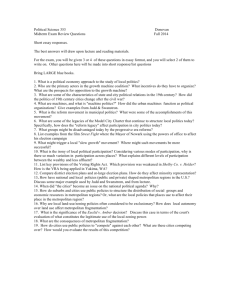September 14, 2015 Your Excellency, I refer to your letter of 30 May
advertisement

PONTIFICIUM CONSILIUM DE LEGU M TEXT IBUS II Segretario September 14, 2015 Prot. N. 15061/2015 Your Excellency, I refer to your letter of 30 May 2015, which reached our Dicastery only this last July, in which you posed questions concerning the authority of the metropolitan within his suffragan dioceses (cf. c. 436 §3 CIC). You asked specifically whether metropolitans have ordinary powers even within suffragan dioceses, and whether it is true that the ordination and installation of the suffragan bishop cannot be carried out in the absence of the metropolitan. It must be noted first that the metropolitan has no other power of governance over suffragan dioceses apart from those granted to him by law. Given that the post of metropolitan is an ecclesiastical office (cf. c. 435 CIC), the metropolitan's power of governance is therefore "ordinary" (cf. c. 131 §1 CIC), but limited to the competences specifically listed in c. 436 CIC, which also include any other concession of special faculties by the Holy See. While a long-standing custom remains that the metropolitan may ordain the suffragan bishop, current legislation makes no provision for the metropolitan to exercise such a role or any other function in the episcopal ordination rite (cf. c. 1014 CIC), or in the taking of canonical possession of a diocese (cf. c. 382 CIC). Thus, the absence of the metropolitan has no juridical effect in these celebrations. Nevertheless, his presence at such events would seem most logical and appropriate, given his special responsibility for the unity of the Church in his province, duty of vigilance and that of fostering pastoral coordination and local collegiality among suffragan bishops (cf. Directory for the Pastoral Ministry of BishopsApostolorum Successores, n. 23b). ./.




